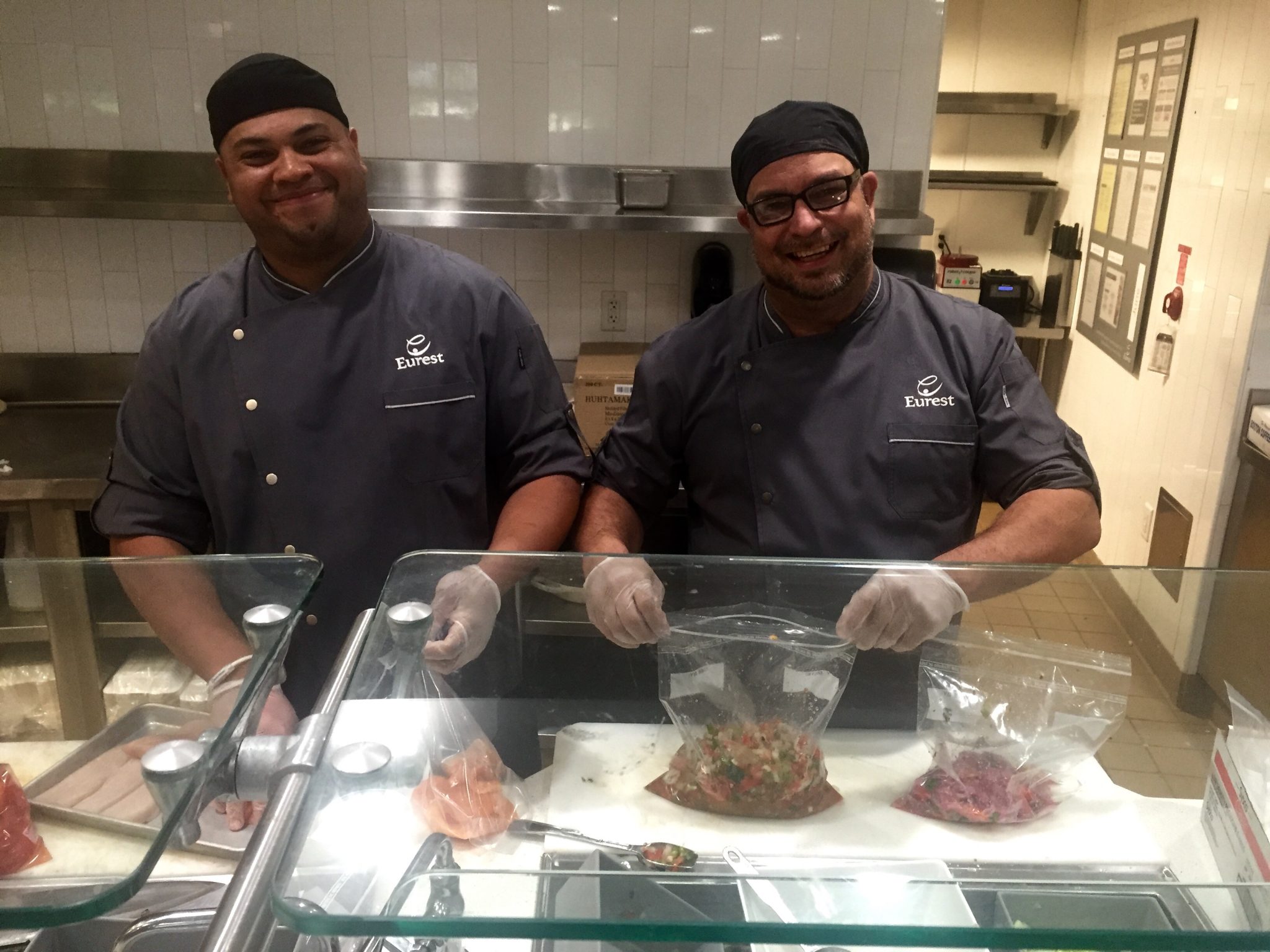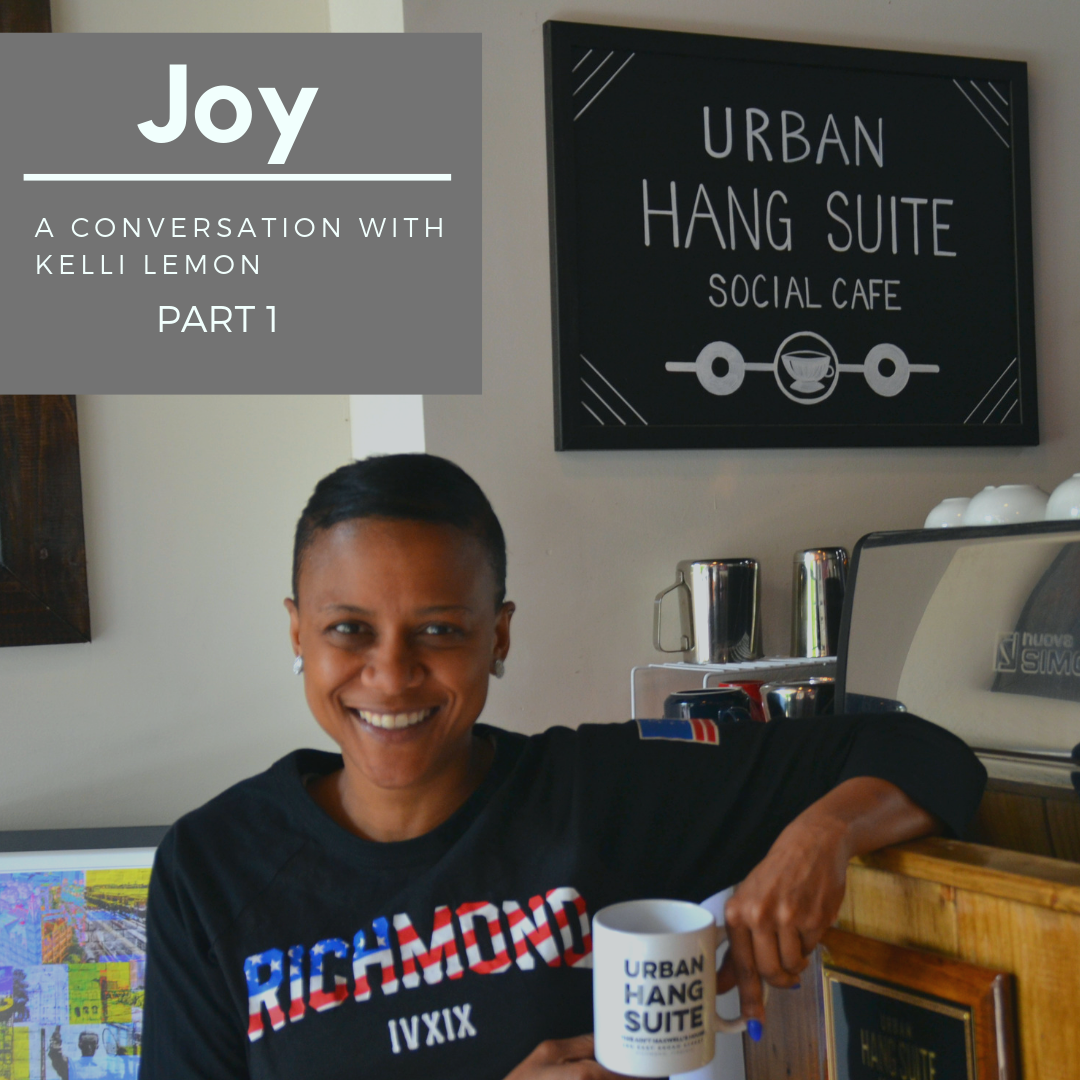Working With Zero Percent

Curator’s Note: As told by Jim Caldwell, Regional Executive Chef at Compass Group North America, to the Food for Thought editorial staff, and used with permission.
I used to believe that if you had waste, you weren’t managing things properly. That is until, however, I started working alongside a food surplus organization called Zero Percent, and I realized that – for our industry at least – the most important thing we can do to minimize the inevitable waste, is to figure out how we can do something good with it. And that’s why, with the help of Zero Percent, I am now dedicated to our food recovery program.
It was two years ago, and in my capacity as a Eurest Regional Chef, I started having conversations about implementing a food recovery program for the Chicago area. Wanting to gain an understanding of how to implement such an initiative, I took the opportunity to observe Zero Percent’s operations. I would follow them, noting which restaurants they were going to, what food they were recovering, how they were transporting the food, and really just getting a sense of the whole process and how we could fit into the picture. Realizing that we could benefit financially by reducing our waste while also doing good in the community, we decided to roll out a food recovery program within a couple of our locations.
Today, we have a fully functioning program across nine different sites. Our Eurest chefs package any acceptable surplus food, which could be dairy, meat or salad products, and once or twice a week, Zero Percent will pick it up. On our end, we focus on the food safety aspect, ensuring anything packaged that can be safely re-used is done so, while the Zero Percent team focus on distributing the food, taking it to shelters and dropping it to those in need.
Of course, when operating a business, you have to balance the fiscal and social responsibilities, which is why working with Zero Percent also makes sense to us. For a small monthly fee, we have access to a database which enables us to track how much waste we produce and exactly where the waste is. We can track spikes, enabling us to understand where we should focus during certain times of the day or year. Even better, we can also track exactly where our food surplus is going to, getting a read on who is benefiting from our program. It really is all about balance, particularly from a business and community standpoint.
When implementing a program such as food recovery, it can be really daunting, and there is always an element of doubt. But working with a group as passionate as Zero Percent, you get a great feeling and can’t help but be motivated by their dedication and enthusiasm. I remember the first walk-throughs I did with Zero Percent, where I was truly amazed at how much waste existed. The site of stacks and stacks of fresh bread, ready to be thrown-out at one of Chicago’s fine food markets, was eye-opening. At the time I thought, if this was just one load of food waste, at one location, then I couldn’t even imagine how much was being thrown out all over the city. It made me think of my wife and her home country, where it wasn’t uncommon to share an apartment with nine people, and where food was scarce. I realized just how blessed we were, and how much opportunity existed.
It’s experiences like these, and the passionate people such as those at Zero Percent, that make you realize no matter what, there is a way we can do better. Even if it’s a small thing, a small donation, it makes a difference. Yes there is always going to be waste, but then, there is also always going to be something you can do about it.
Jim Caldwell, Regional Executive Chef at Compass Group North America






